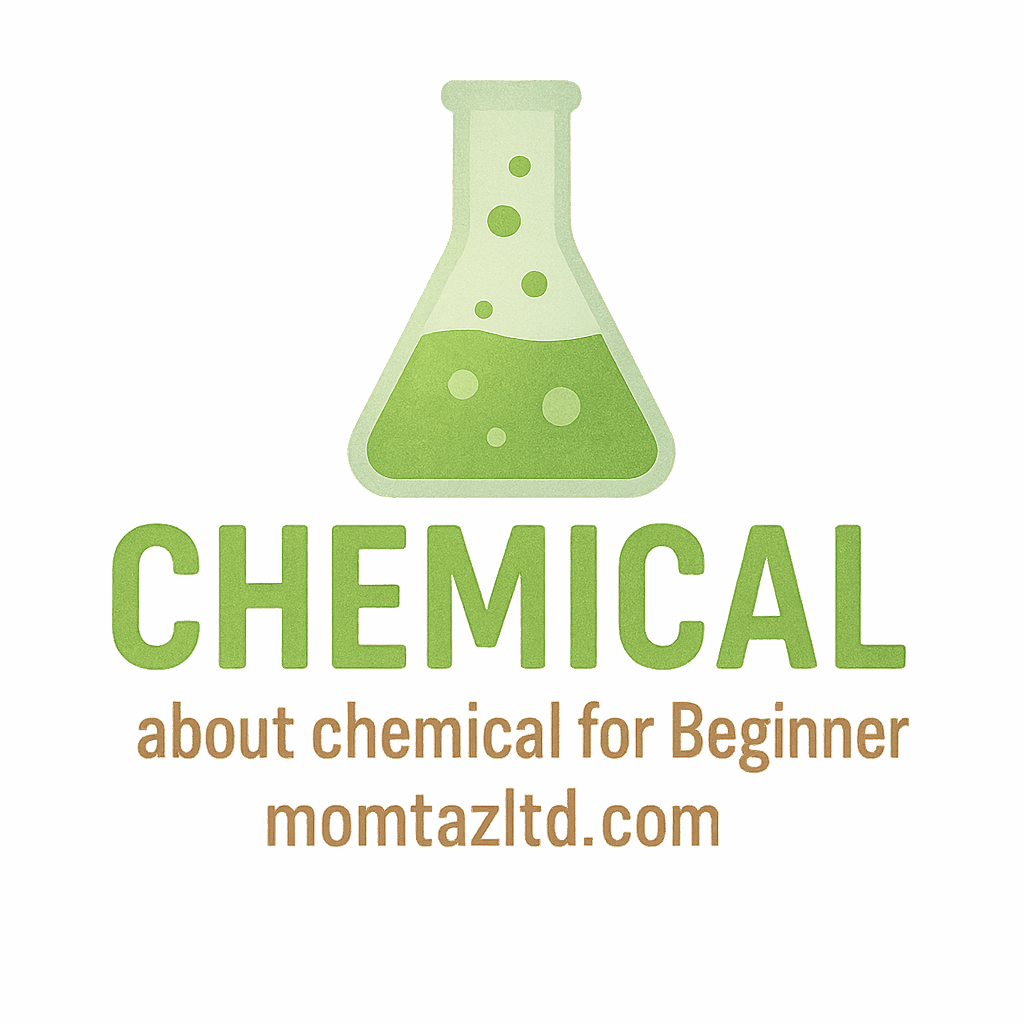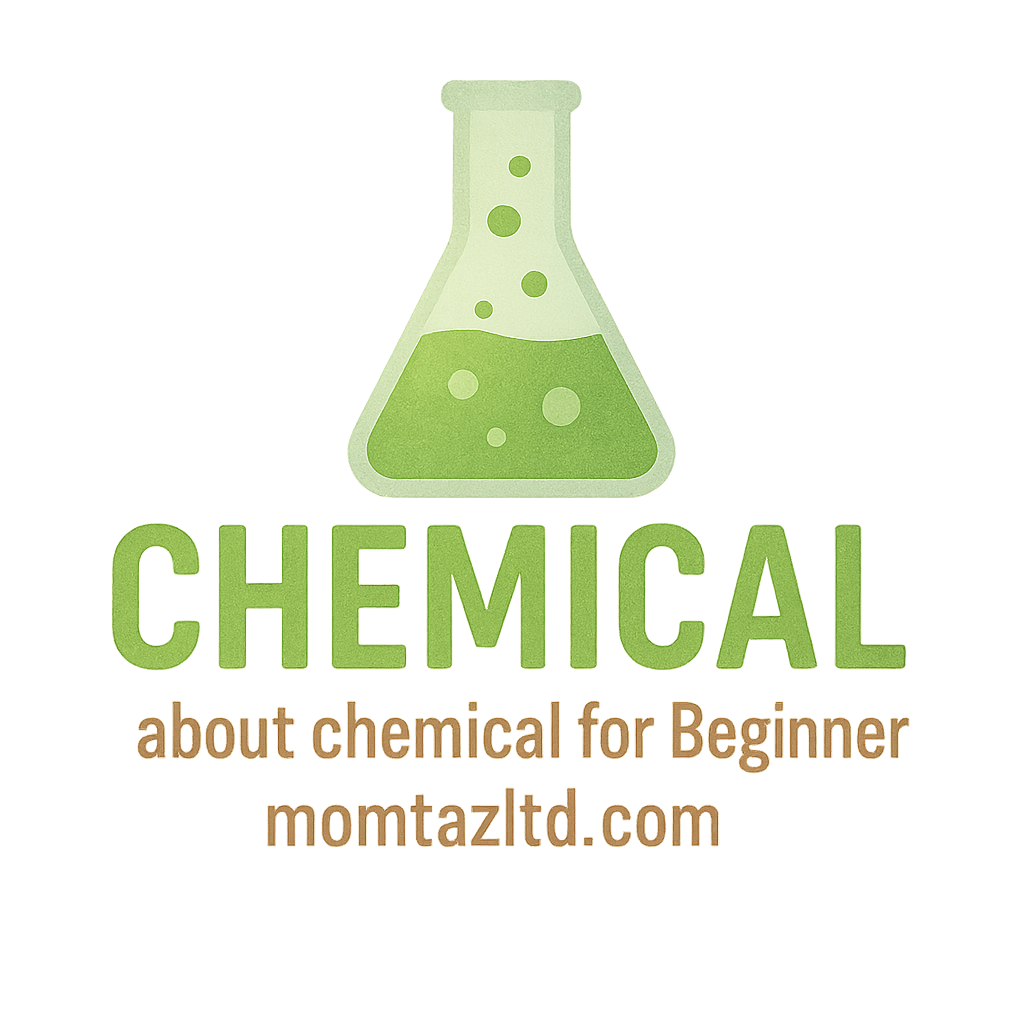Introduction: Why Learning Chemical Terms Matters
If you’re stepping into the world of chemistry for the first time, it can feel like you’re learning a new language. Words like atom, compound, or catalyst pop up everywhere, but what do they really mean? Don’t worry—you don’t need to be a scientist in a lab coat to understand them. By learning the most essential terms in chemical basics, you’ll not only make sense of textbooks but also start noticing chemistry in your daily life—whether it’s cleaning your house, cooking dinner, or watching rust form on metal.
If you want to dive deeper, check out resources like chemical basics and learn chemistry from experts to expand your foundation step by step.
What Are Chemical Terms?
The Language of Chemistry
Think of chemical terms as the ABCs of chemistry. Without them, you can’t form words, let alone sentences. Chemistry has its own vocabulary, and once you get familiar with it, things start making sense.
Building Blocks for Beginners
For beginners, these terms aren’t just definitions—they’re tools. Understanding them helps you grasp bigger concepts like reactions, energy transfer, and the role chemicals play in household products and industrial use.
Essential Term #1: Atom
Definition and Importance
Atoms are the smallest building blocks of matter. Imagine Lego bricks—each tiny piece represents an atom, and together they build everything around us.
Real-Life Examples
Your body, your phone, even the air you breathe is made of atoms. Learning about atoms is the first step to understanding all of chemistry.
Essential Term #2: Molecule
Everyday Uses of Molecules
When atoms bond together, they form molecules. Water (H₂O) is a molecule you already know. Every sip you take is basically a handful of molecules.
Connection to Reactions
Molecules are central in chemical reactions. When they interact, they rearrange into new molecules—like when baking soda meets vinegar and bubbles up.
Essential Term #3: Compound
How Compounds Differ from Molecules
All compounds are molecules, but not all molecules are compounds. A compound is when two or more different elements join together—like salt (NaCl).
Household Examples
Compounds surround us: sugar in your coffee, soap in your bathroom, and cleaning products in your kitchen. More about these can be explored in household chemicals.
Essential Term #4: Element
Periodic Table Basics
Elements are pure substances that can’t be broken down further by chemical means. Hydrogen, oxygen, carbon—they’re the stars of the periodic table.
Why Elements Matter
Each element has unique properties, making them the foundation of every material and chemical reaction.
Essential Term #5: Chemical Reaction
Common Reactions at Home
Cooking pasta? That’s a chemical reaction. Rust forming on your bike? Another reaction. They happen all around you daily.
Safety Considerations
Some reactions are safe, while others can be dangerous. That’s why chemical safety and proper storage are essential when working with chemicals.
Essential Term #6: Solution
Solvent vs Solute
A solution is a mix where one substance dissolves into another. The solvent does the dissolving, while the solute gets dissolved. Salt in water? Classic example.
Examples in Daily Life
From your cup of tea to cleaning detergents, solutions are everywhere. They’re vital in laboratory experiments.

Essential Term #7: Acid
Characteristics of Acids
Acids taste sour, turn blue litmus paper red, and often react with metals.
Household Acids You Know
Vinegar, lemon juice, and even cola are acidic. You’ve been using acids without even realizing it. For a safer approach, always remember home tips when handling them.
Essential Term #8: Base
Understanding pH Levels
Bases are the opposite of acids. They taste bitter, feel slippery, and turn red litmus paper blue.
Common Household Bases
Soap, baking soda, and ammonia cleaners are bases you probably have at home. Learn more about household chemicals that act as bases.
Essential Term #9: Catalyst
Role in Speeding Reactions
A catalyst speeds up a reaction without being consumed. Think of it as a coach guiding players without actually joining the game.
Industrial Importance
Catalysts are huge in industrial chemistry, from refining fuels to making fertilizers.
Essential Term #10: Chemical Bond
Ionic and Covalent Bonds
Bonds are forces that hold atoms together. Ionic bonds involve giving and taking electrons, while covalent bonds share them.
Why Bonds Are the Glue of Chemistry
Without bonds, atoms wouldn’t stay connected, and molecules wouldn’t exist. They’re literally the glue of chemistry.
Essential Term #11: Oxidation
Rusting and Other Examples
Oxidation is when a substance reacts with oxygen. Rust on metal or an apple turning brown—both are results of oxidation.
Its Role in Energy and Life
Oxidation also powers your body through cellular respiration. Without it, you wouldn’t have the energy to move.
Essential Term #12: pH Scale
Neutral, Acidic, and Basic Values
The pH scale measures acidity or basicity. A pH of 7 is neutral, below 7 is acidic, and above 7 is basic.
How pH Affects Everyday Life
From swimming pool water balance to skincare products, pH is everywhere. Understanding it helps you make better daily choices.
How These Terms Connect Together
From Simple to Complex Chemistry
Atoms build molecules, molecules form compounds, and compounds participate in reactions. Each term is a puzzle piece in the big picture of chemistry.
Building Knowledge Step by Step
By learning these basics, you prepare yourself for more advanced topics like laboratory chemicals or industrial learning.
Safety Tips for Beginners in Chemistry
Storing Chemicals Safely
Never mix household cleaners randomly. Learn about chemical storage to keep things safe at home.
Learning with Guidance
Always start small, follow lab experiments designed for beginners, and seek advice from chemical scientists.
Conclusion
Learning the essential terms in chemical basics doesn’t just help you in class—it helps you see the world differently. You realize chemistry isn’t locked away in laboratories; it’s happening in your kitchen, your garden, and even inside your body. Master these twelve terms, and you’ll have a solid foundation to explore more complex concepts with confidence.
FAQs
Q1: What is the simplest chemical term for beginners to learn?
The atom—it’s the foundation of everything in chemistry.
Q2: Are acids and bases dangerous?
They can be if mishandled, but many mild acids and bases exist in household products safely.
Q3: How do I practice chemistry safely at home?
Start with harmless home tips like vinegar and baking soda experiments.
Q4: Why is pH important in daily life?
It affects everything from skincare to safe drinking water.
Q5: What’s the difference between a molecule and a compound?
A molecule is any bonded group of atoms, while a compound specifically contains different elements.
Q6: Can I learn chemistry without a lab?
Yes, through beginner chemistry guides, household experiments, and online resources.
Q7: Where can I explore chemistry careers?
Visit chemical careers to see how these basics open paths to exciting opportunities.


